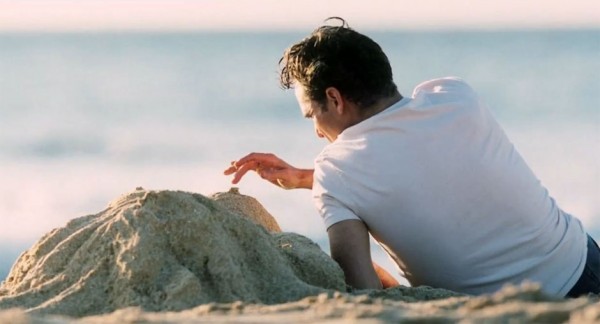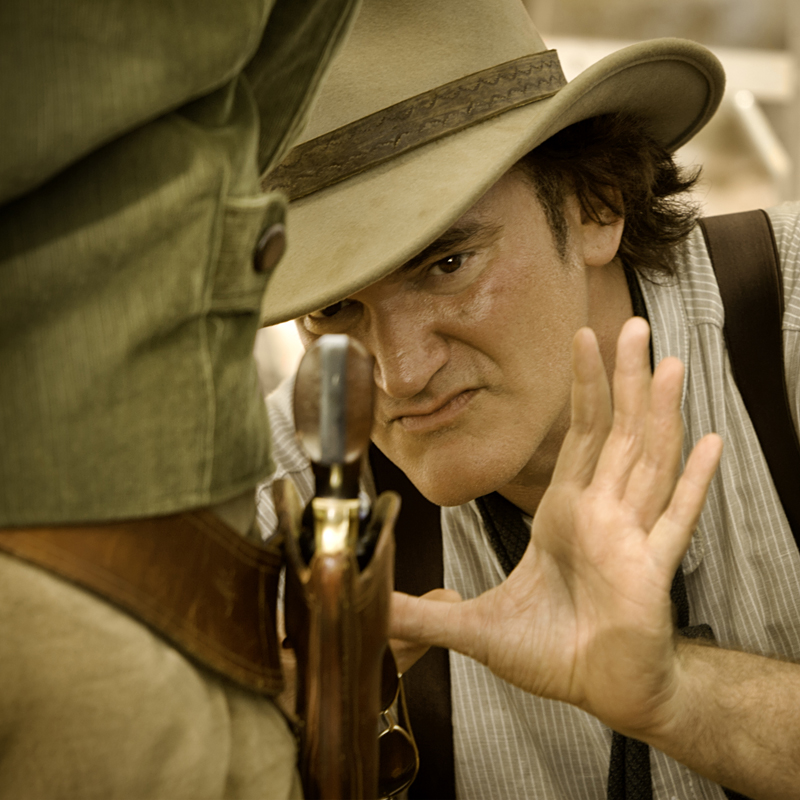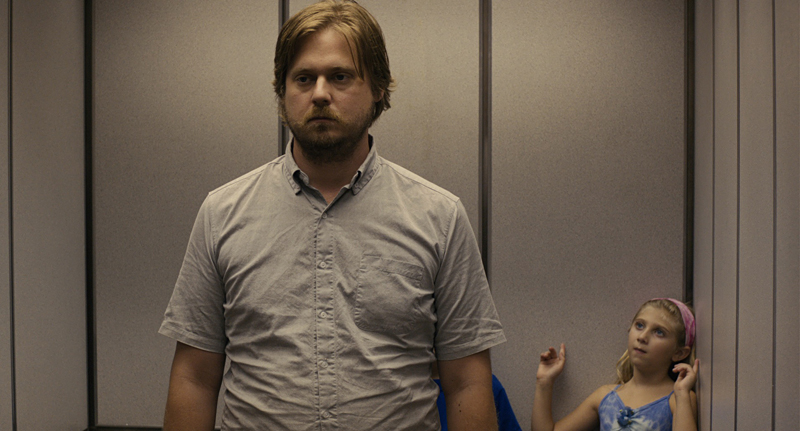An episodic ensemble piece based on cases handled by Paris’ Child Protection Unit, Polisse is a mutant beast: Imagine an entire season of Law & Order: SVU condensed to feature length and then spliced with DNA culled from the deadpan faux-doc institutional satire of In the Loop and the sex-on-the-job soap of Grey’s Anatomy. Co-writer/director Maïwenn co-stars as Melissa, a documentary photographer embedded within a close-knit family of investigators who spends its days interrogating victims and perps of crimes against kids. The style is extremely naturalistic, with the invisible camerawork and overlapping dialogue helping to smooth out the wild inconsistencies in the material. The intensity of the unit’s work takes its toll—countless scenes devolve into tantrums, rants, and giggle fits, and there’s ample, predictable trouble at home. Less predictable is the wide, wild range of emotional response on display: The cops will be deeply affected by one case, self-righteously railing against bureaucracy for not being able to do more, and mock the next, sometimes even to the victim’s face. Although it suggests that these cops are not always great at their jobs, Polisse isn’t critical of the CPU officers—on the contrary, it’s extremely sympathetic to the impossible position the investigators are put in. Even when they’re ostensibly doing the “right” thing, they’re also making anxious judgment calls and policing the perversions and personal habits of others. Polisse is all over the place (including Maïwenn’s increasing focus on her own character’s not-terribly-interesting romantic subplot), but that’s not necessarily a bad thing: The strange, unsettling juxtapositions, even when mashing up the mawkishness and mockery, are full of life.
Polisse: French Cops on the Verge of Mental Breakdown








